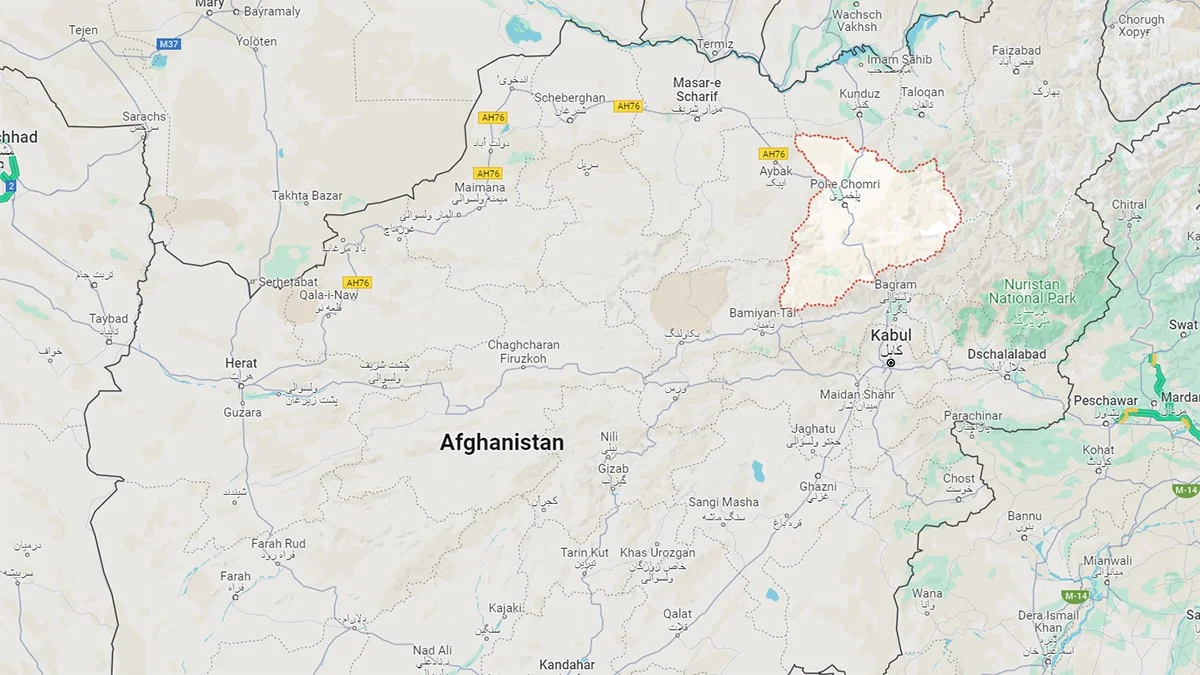Heavy rainfall in several regions of Afghanistan led to devastating flash floods on Friday.
Flash floods in northeastern Afghanistan have reportedly killed at least 240 people, including 51 children, with many more injured. These figures are expected to increase as additional reports come in. Most of the casualties were reported in Baghlan province, where heavy rains destroyed an estimated 3,000 houses, damaged farmland, washed away livestock, closed schools, and damaged health centres. Takhar and Badakhshan provinces were also impacted with initial reports of at least 300 houses damaged.
“Let me express our heartfelt condolences to the families mourning the loss of loved ones,” said Dr. Tajudeen Oyewale, UNICEF Representative in Afghanistan. “UNICEF and our partners are on the ground and are making every effort to bring quick relief to the affected families and communities.”
UNICEF has dispatched 450 family kits, 500 hygiene kits, 476 blankets for adults and babies and 100 clothing kits which will complement support provided by other UN agencies and partners. A UNICEF-supported mobile health and nutrition team has also been dispatched and UNICEF teams are on the ground to help conduct additional assessments.
“The heavy rains and subsequent floods have disrupted lives and pose a significant risk to children in the affected provinces," said Dr. Oyewale. "As families cope with the loss, maintaining access to safe water, health and protection services is paramount. As always, UNICEF stands with the children and people of Afghanistan during this difficult time,”
Afghanistan is amongst the 10 most vulnerable countries to climate change and has been experiencing a rise in extreme weather conditions, notably floods, drought, and sand and dust storms, resulting in the loss of lives and livelihoods and significant damage to infrastructure.
